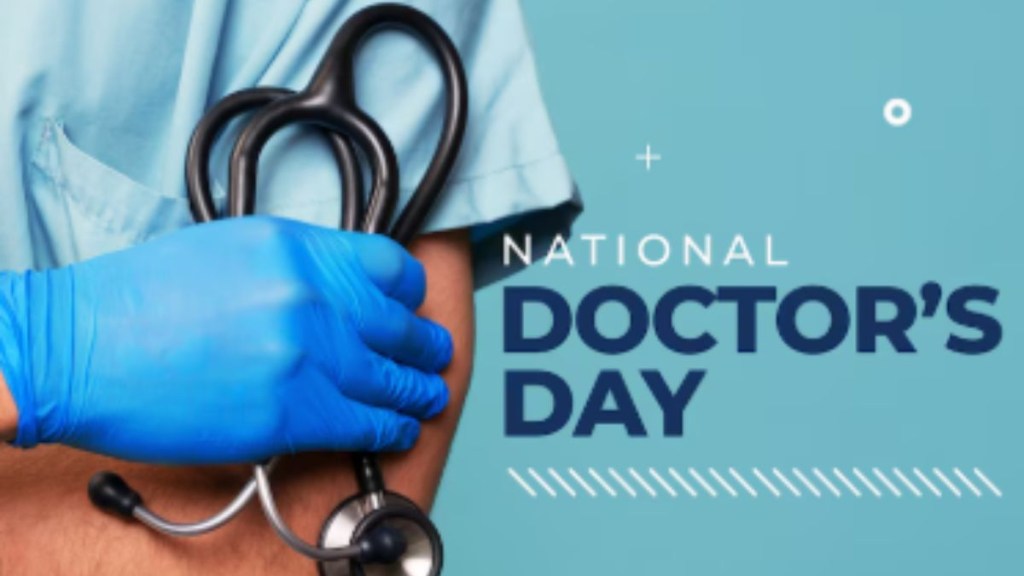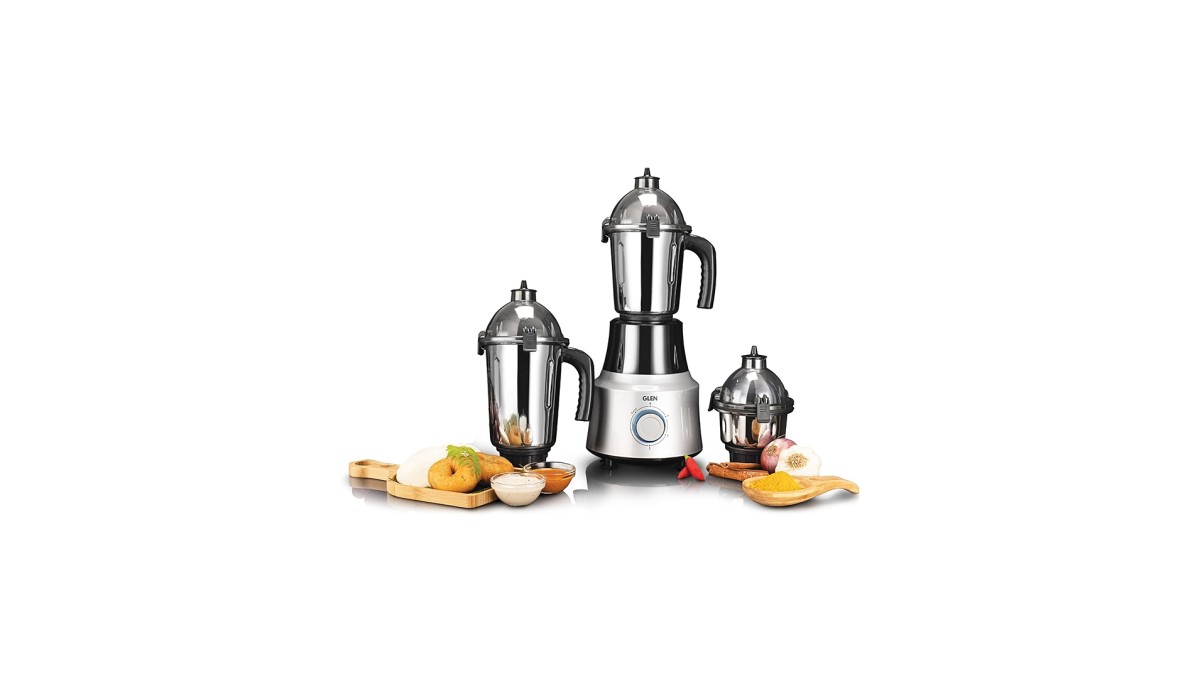Every year on July 1, India observes National Doctor’s Day, a time to celebrate the dedication and resilience of our healthcare heroes. The most meaningful way to honour a doctor isn’t through words or gifts, but by taking their advice seriously and acting on it.
In an age where people turn to Google or AI tools like ChatGPT for health advice, many forget that doctors offer something the internet can’t—context, experience, and a real diagnosis. Online tools can be helpful for general awareness, but they’re no substitute for a doctor who understands your body, medical history, and subtle warning signs.
Hence, on this doctor’s day we got in touch with Dr. Manoj Mulchandani, Consultant, General Laparoscopic and Robotic Colorectal Surgeon at Kokilaben Dhirubhai Ambani Hospital, Mumbai who urges people to stop ‘googling’ everything—especially when it comes to digestive and rectal health.
1. Ignoring rectal bleeding and calling it ‘just piles’
Many people notice blood in their stool and shrug it off. “But rectal bleeding isn’t always just piles, it could be something more serious like fissures, polyps, or early-stage colorectal cancer,” warns Dr. Mulchandani.
He advises: “Take a quick glance at your stool before flushing. Bright red blood may point to lower rectal issues, while dark or tarry stools can signal internal bleeding. If you see blood, even once, see a doctor.”
2. Using OTC creams without diagnosis
“Itching or pain near the anus often leads people to try over-the-counter creams or home remedies,” he says. “But prolonged self-treatment can delay diagnosis of deeper issues like fistulas, abscesses, or infections. You’re wasting time while the problem worsens,” he further added.
3. Skipping colonoscopies out of fear
Colonoscopies still scare people, but they shouldn’t. “The procedure is quick, relatively comfortable, and life-saving,” says Dr. Mulchandani. “Early detection of colon cancer can lead to complete recovery. There’s no need to suffer silently out of fear or shame.”
4. Ignoring changes in bowel habits
Frequent straining, chronic constipation, or unexplained diarrhoea might seem harmless, but they often aren’t. “These are red flags that your digestive system is distressed,” he says. “Conditions like IBS, inflammatory bowel disease, or even early-stage cancer can start this way.”
5. Feeling embarrassed to talk about anal or bowel issues
Talking about bowel problems might feel awkward, but to a specialist, it’s just another workday. “We’ve heard it all before, nothing shocks us,” says Dr. Mulchandani. “Being open helps us treat you better and faster.”
6. Trusting google or AI over a real doctor
“The internet can’t replace medical judgement,” he warns. “WebMD or ChatGPT can’t check your vitals or run a test. Relying on it can either create panic or give you a false sense of security.”
7. Hiding truths or skipping medicines
“Some patients stop taking their medications or hide symptoms out of fear of judgment,” he adds. “But withholding information makes our job harder. We’re here to help, not to scold.”
So, this Doctor’s Day, go beyond appreciation. “The greatest respect you can show a doctor is trusting their expertise,” says Dr. Mulchandani. “Stop self-diagnosing, stop Googling or ChatGPT-ing symptoms, and let your doctor do their job, your health depends on it.”








